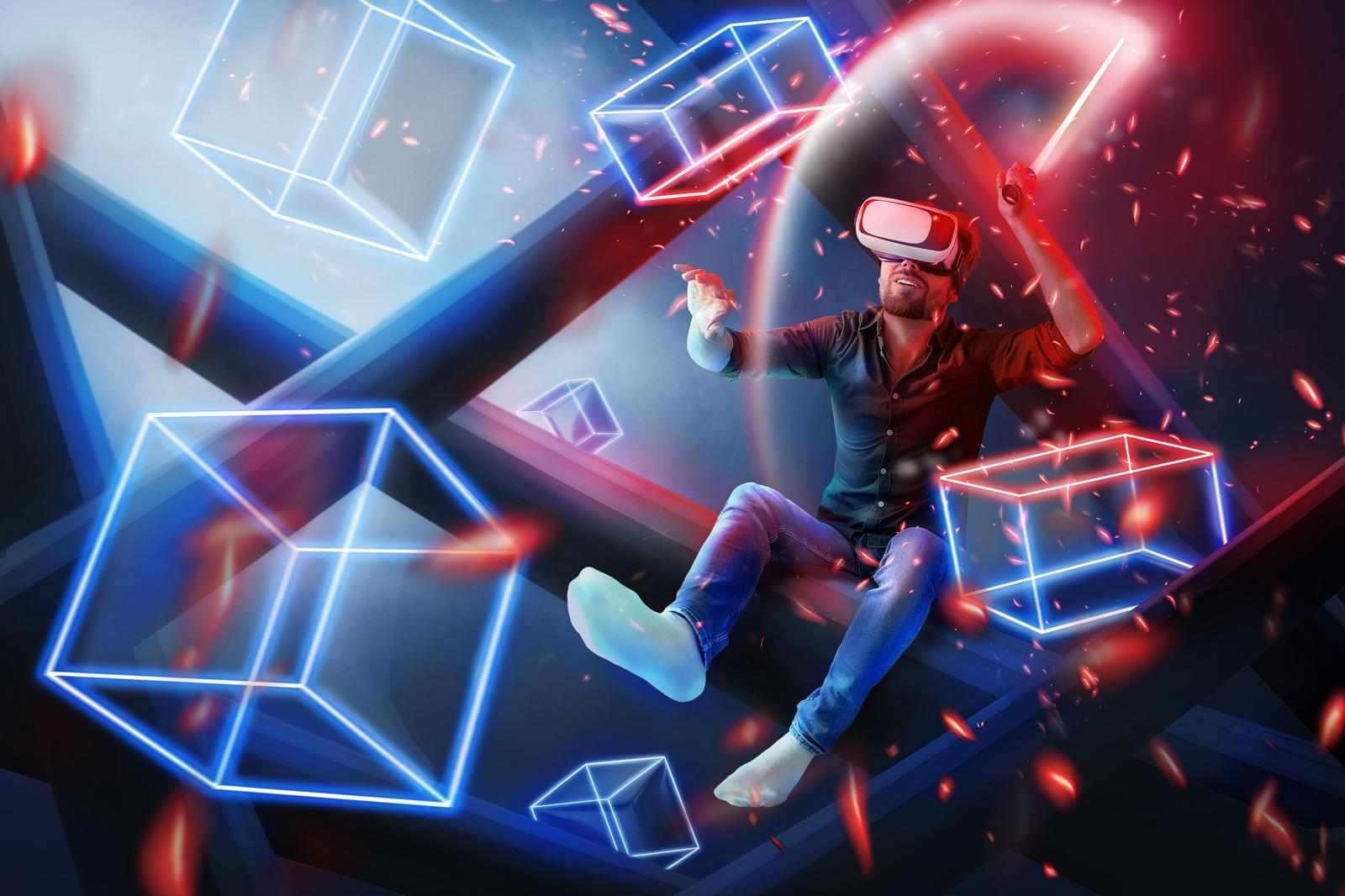
The gaming industry has evolved significantly over the years, with new technologies constantly pushing the boundaries of how players interact with games. One such revolutionary technology is blockchain. A blockchain game development company is at the forefront of this transformation, bringing blockchain’s benefits to the gaming world. Blockchain technology offers a decentralized and transparent infrastructure that enhances gaming experiences, creating new opportunities for developers, players, and investors.
What is Blockchain Game Development?
Blockchain game development refers to the process of creating video games that are powered by blockchain technology. Blockchain games differ from traditional games in that they integrate decentralized features such as true ownership, transparency, and the ability to earn cryptocurrency or non-fungible tokens (NFTs). A blockchain game development company specializes in building games that incorporate these features, allowing players to own in-game assets, participate in play-to-earn economies, and engage in trustless transactions.
How Blockchain Transforms the Gaming Industry
True Ownership of In-Game Assets
One of the most significant ways blockchain is transforming the gaming industry is through the concept of true ownership of in-game assets. In traditional games, players may spend hours or money acquiring virtual items, but these assets are often locked within the game and can’t be traded or sold outside of the platform. However, with blockchain technology, players can truly own their in-game items as NFTs (non-fungible tokens). These digital assets are stored on the blockchain, ensuring they are unique, traceable, and can be bought, sold, or traded across different platforms.
Decentralized Gaming Economy
Blockchain game development fosters the creation of decentralized gaming economies. Through decentralized finance DeFi protocols and NFTs, players can earn rewards, trade assets, and participate in a virtual economy independent of the game developers. This new economy not only gives players more control over their virtual goods but also introduces new revenue streams for both developers and players. The play-to-earn (P2E) model has gained immense popularity, allowing gamers to earn cryptocurrency or NFTs based on their performance or contributions in the game.
Transparency and Security
Transparency and security are two critical features of blockchain technology, and they play a significant role in the gaming industry. With blockchain, all transactions are recorded on a public ledger, providing transparency and ensuring that players can verify the legitimacy of in-game purchases, rewards, and assets. This removes the need for centralized authorities and prevents fraud or manipulation of in-game economies. The decentralized nature of blockchain ensures that players’ personal data and assets are securely stored, reducing the risk of hacks or data breaches, which is a growing concern in traditional gaming platforms.
Cross-Platform Interoperability
Blockchain allows for interoperability between different games and platforms. With traditional games, in-game items are often confined to a single game or platform, preventing players from utilizing their assets across different ecosystems. Blockchain-powered games, however, allow assets such as NFTs to be transferred and used across multiple games or virtual worlds. This opens up new possibilities for cross-platform gaming, where players can carry their assets and progress across different games, creating a more seamless experience.
Key Features of Blockchain Game Development
Smart Contracts: Smart contracts are self-executing agreements that automatically enforce the terms of a contract. In blockchain games, smart contracts ensure that in-game transactions such as asset transfers or rewards, are executed automatically without any human intervention.
Tokenization: Tokens, particularly NFTs, are a key feature of blockchain games. These tokens represent ownership of in-game items, characters, or achievements. Players can buy, sell, and trade these tokens on the open market, and their value can fluctuate based on rarity, demand, and game performance.
Decentralized Governance: Blockchain enables decentralized governance in games, where decisions related to game development, rule changes, and economic adjustments can be made by the community through voting mechanisms. This ensures that the game evolves based on the players' preferences rather than being controlled solely by developers.
Play-to-Earn Model: In blockchain games, players can earn rewards in the form of cryptocurrency or NFTs by playing and achieving certain milestones. This model allows players to monetize their gaming skills and time, creating a new avenue for gamers to earn real-world value.
Why Choose a Blockchain Game Development Company?
Partnering with a blockchain game development company offers numerous advantages for developers and studios looking to enter the blockchain gaming space. These companies bring the expertise required to build games with seamless blockchain integration, ensuring that they are secure, scalable, and offer a rich user experience.
Blockchain game development companies help with:
Custom Game Design: They work with you to design and develop a unique game tailored to your concept, integrating blockchain features like tokenization, NFTs, and decentralized economies.
Smart Contract Development: Blockchain game developers specialize in writing smart contracts that are secure, transparent, and bug-free, ensuring that in-game transactions run smoothly.
NFT Integration: These companies help integrate NFTs into your game, allowing players to own, trade, and monetize their in-game assets, adding value to the overall gaming experience.
Cross-Platform Solutions: Blockchain game development companies provide solutions for creating cross-platform games, ensuring interoperability across different blockchain networks and traditional gaming systems.
Blockchain Security: With the increasing risk of cyberattacks, a blockchain game development company ensures your game is secure, protecting player data and in-game assets from potential threats.
Related Read: Practical Implications of Blockchain in Gaming: What it Can Offer and What it Can’t!
Conclusion
Blockchain game development is revolutionizing the gaming industry by introducing new ways for players to interact with virtual worlds, offering true ownership of assets, decentralized economies, and enhanced transparency. A blockchain game development company can help you create the next generation of games that capitalize on these benefits, making your game stand out in a rapidly growing market. With the rise of play-to-earn mechanics and the increasing popularity of NFTs, blockchain-powered games are set to shape the gaming industry's future. Whether you’re a game developer or a gamer, blockchain is opening up new possibilities that were once unimaginable in traditional gaming environments.
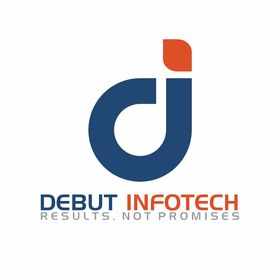
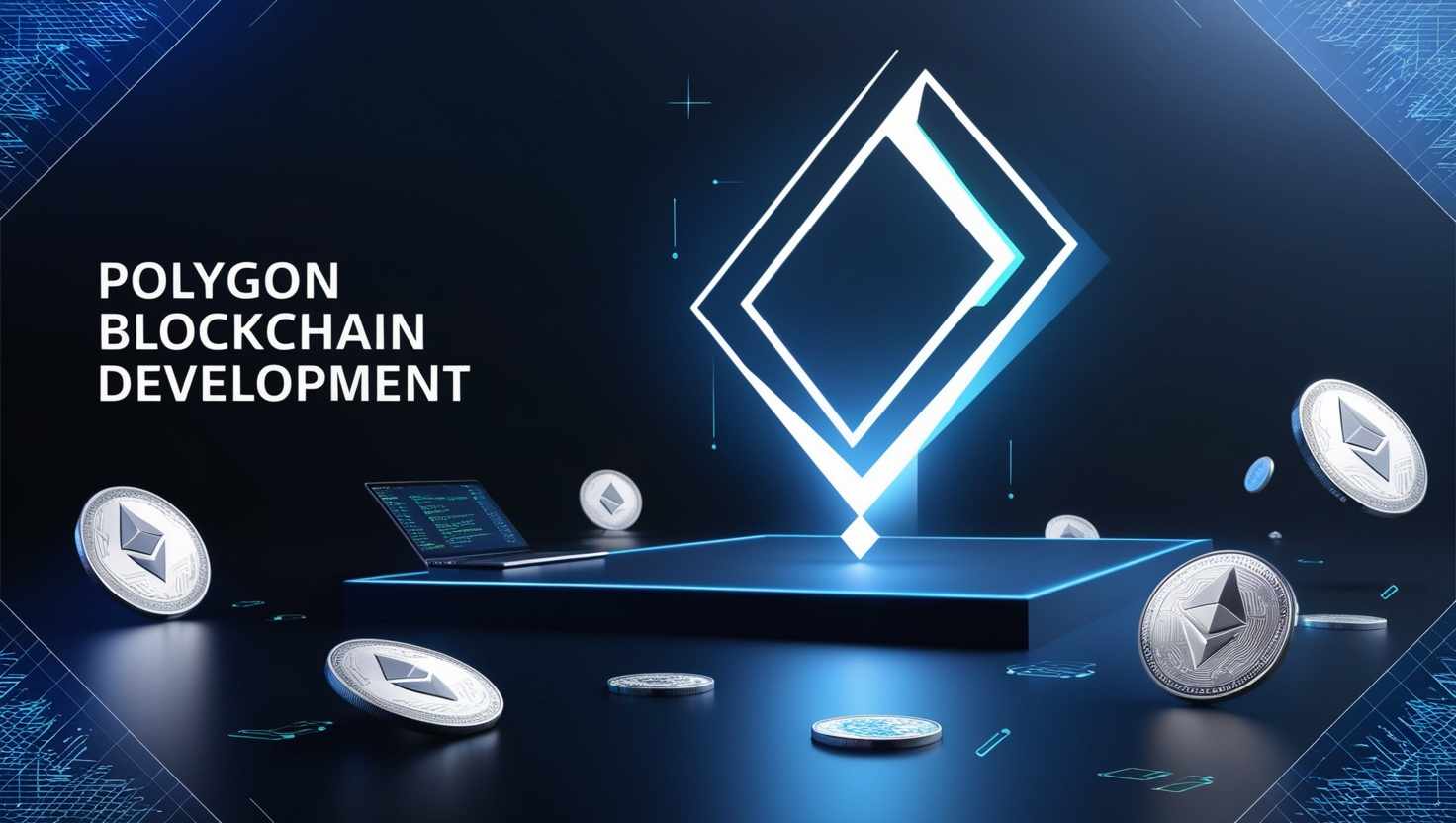
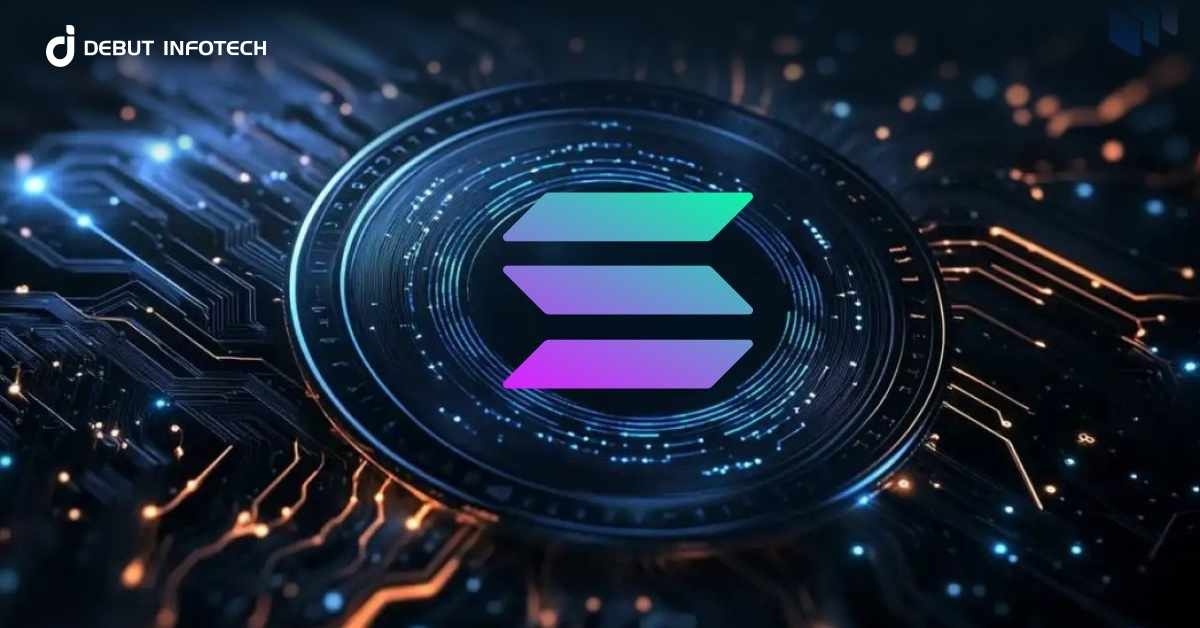
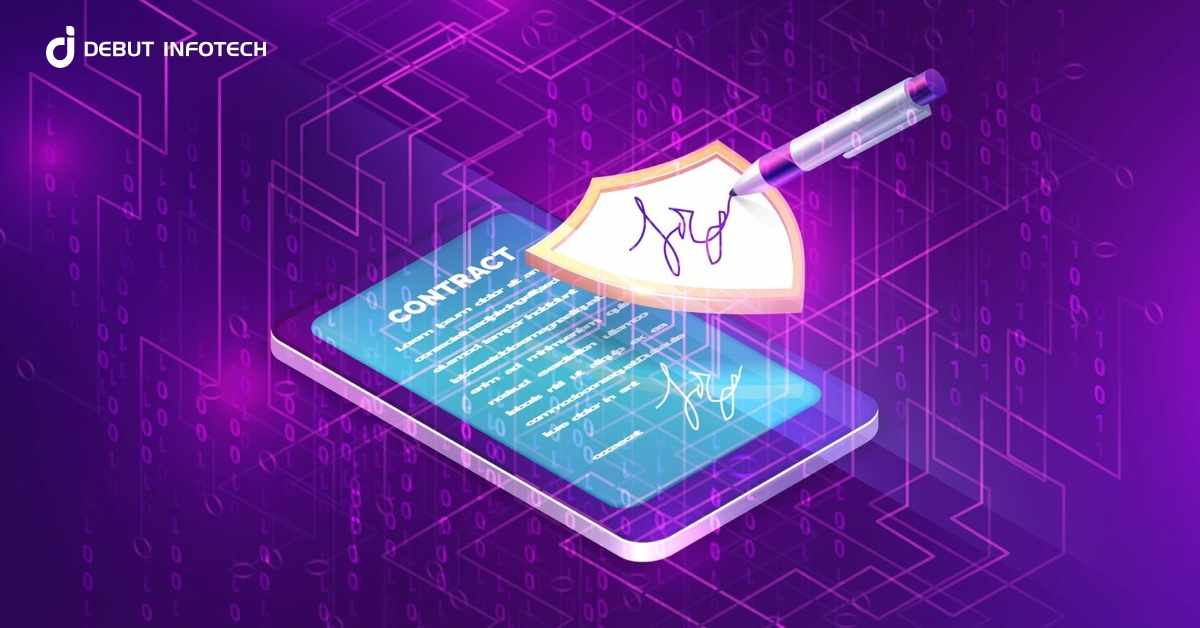
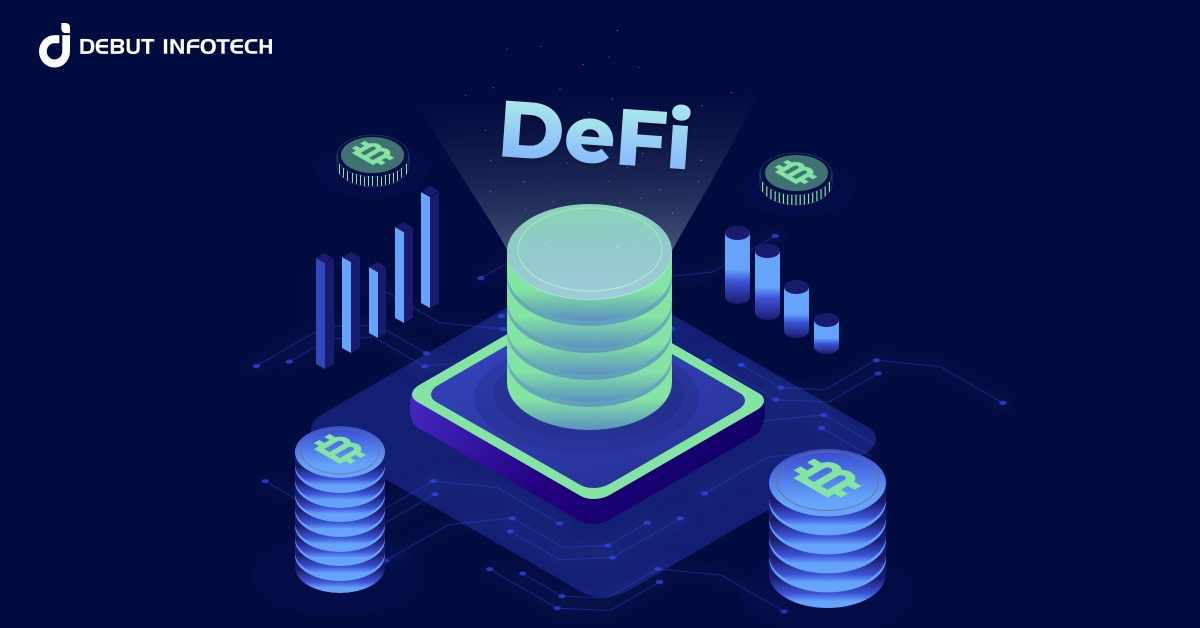
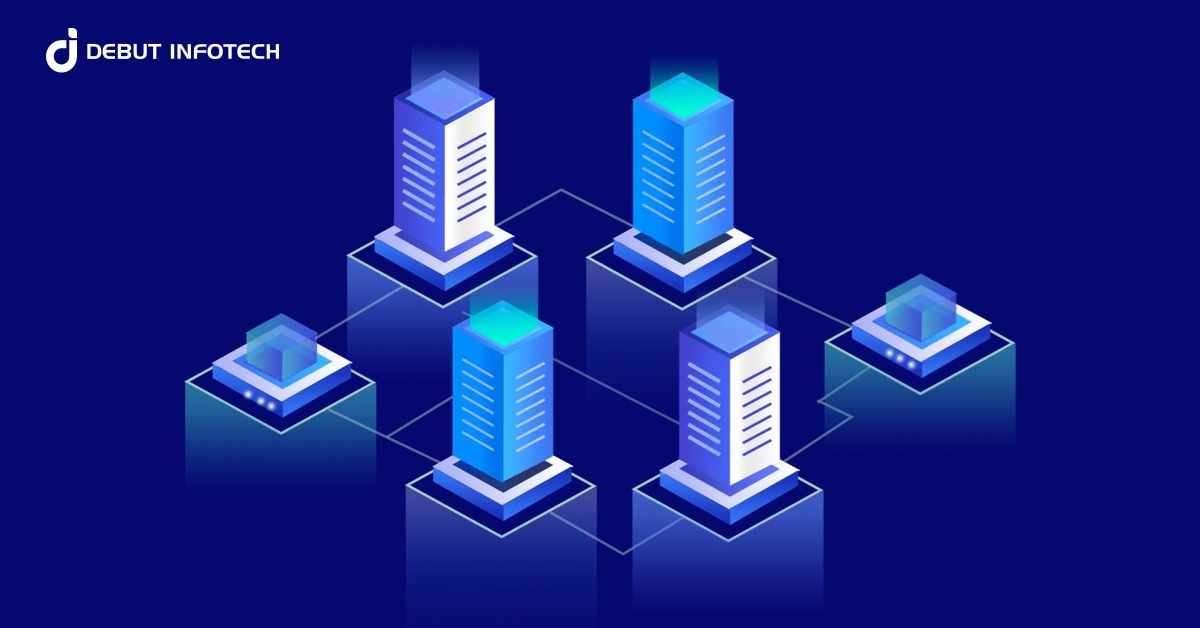

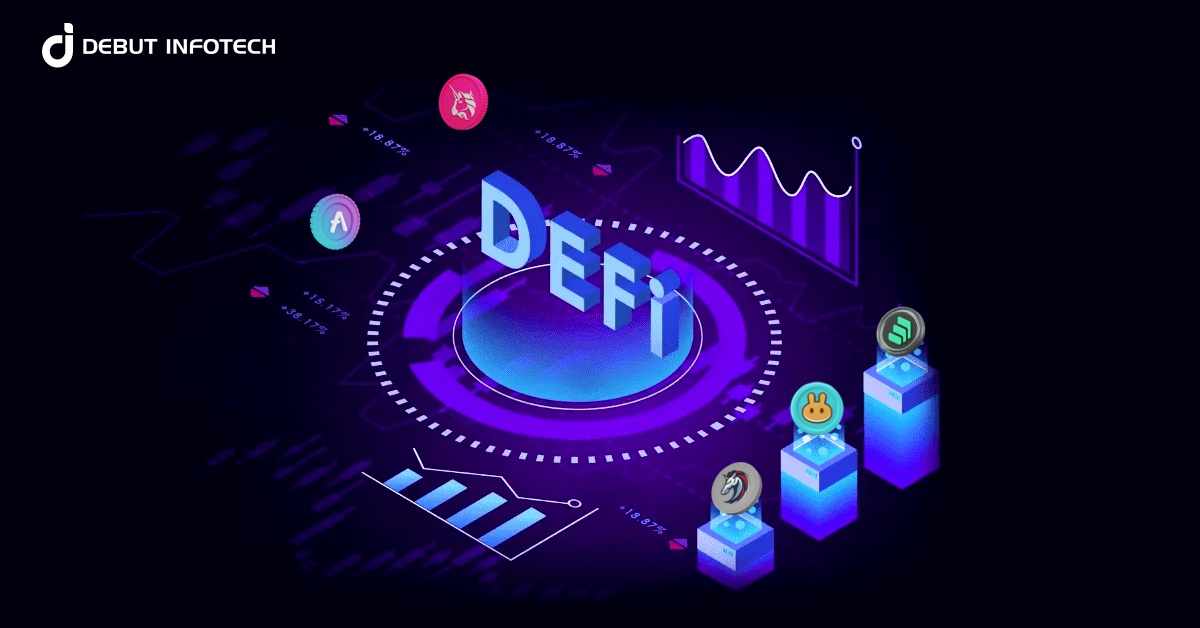

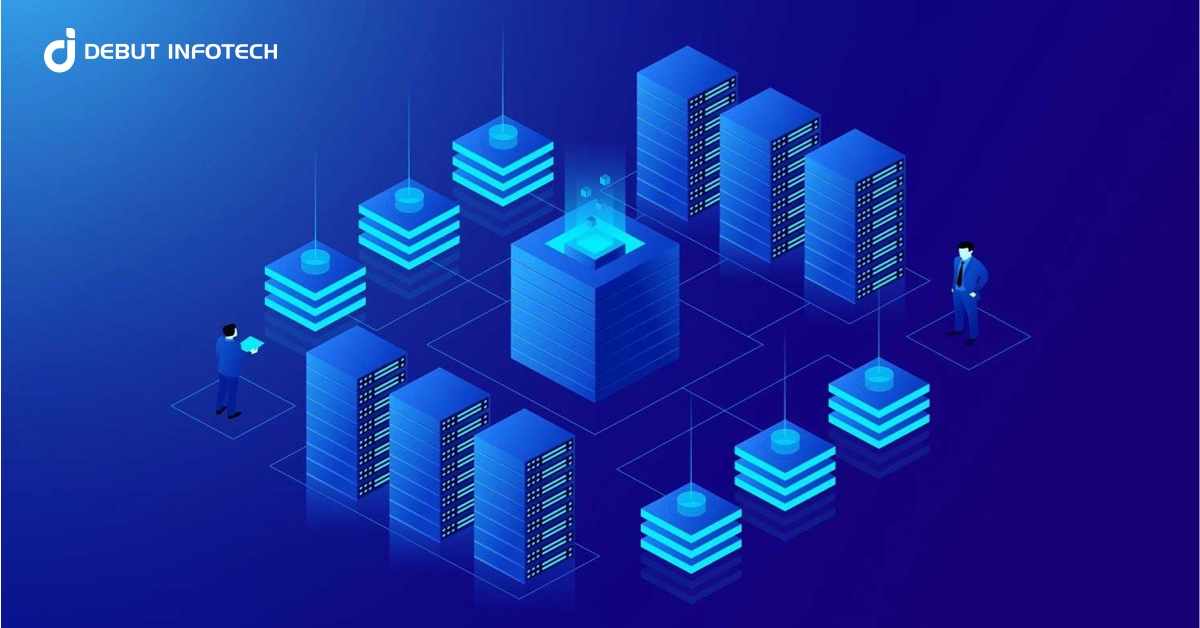
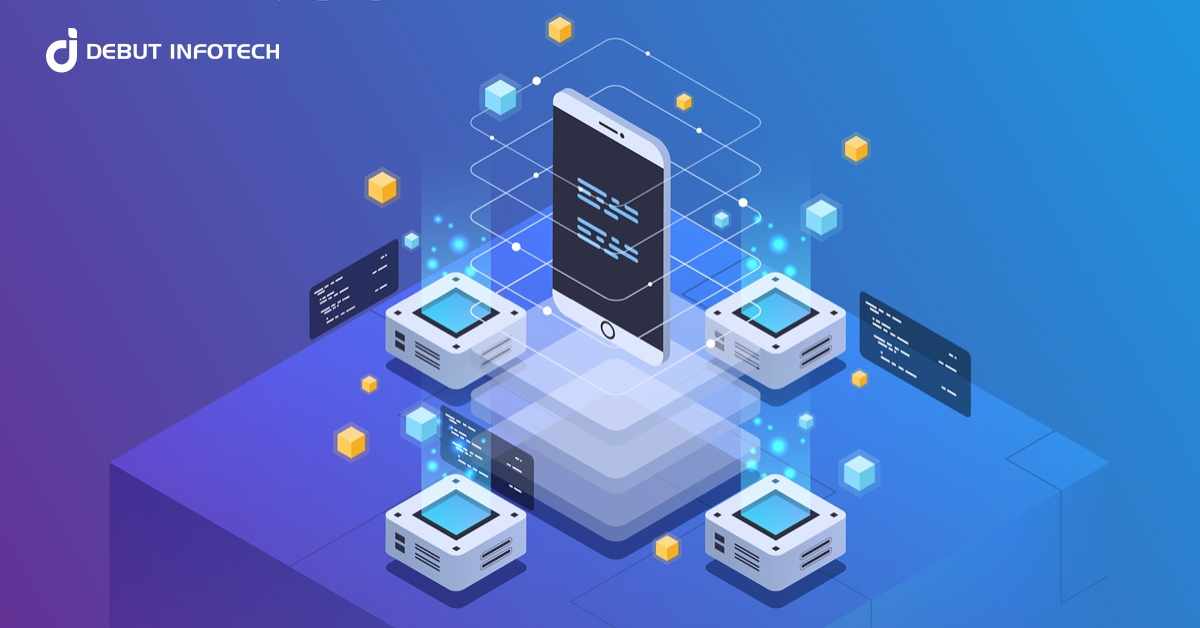

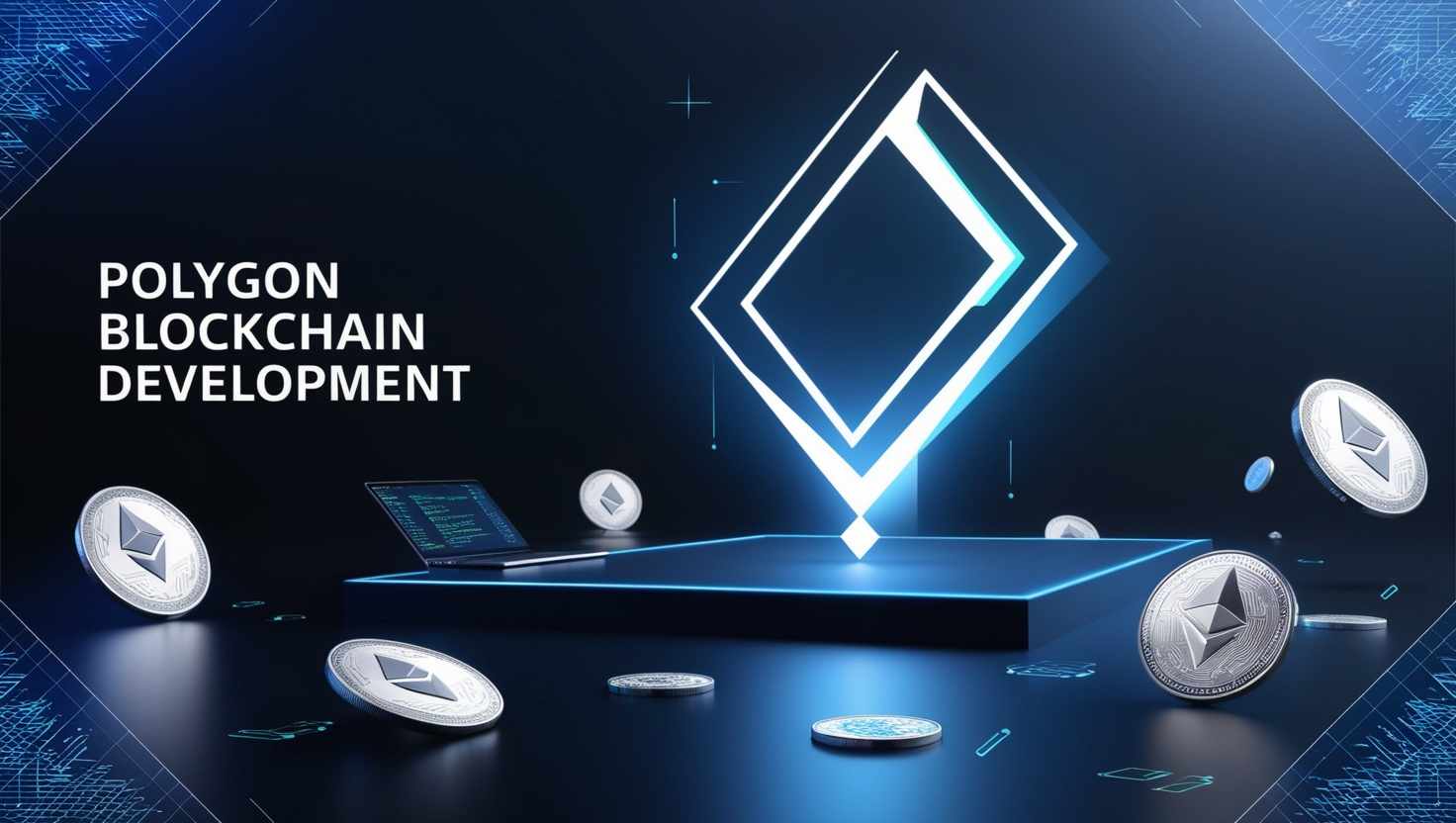
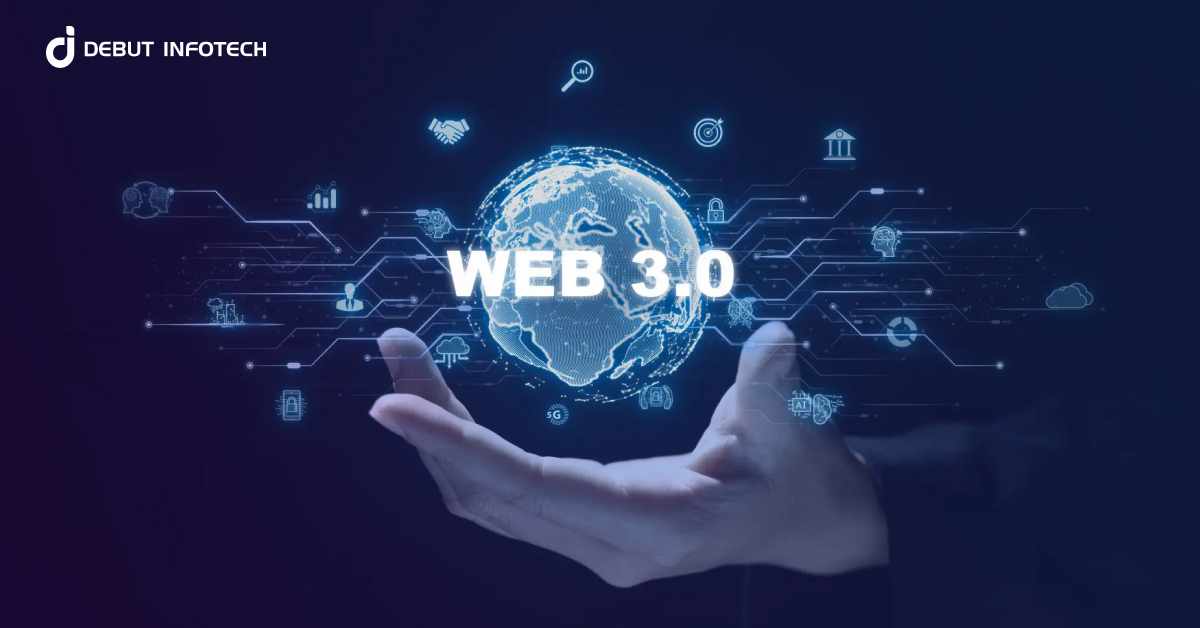


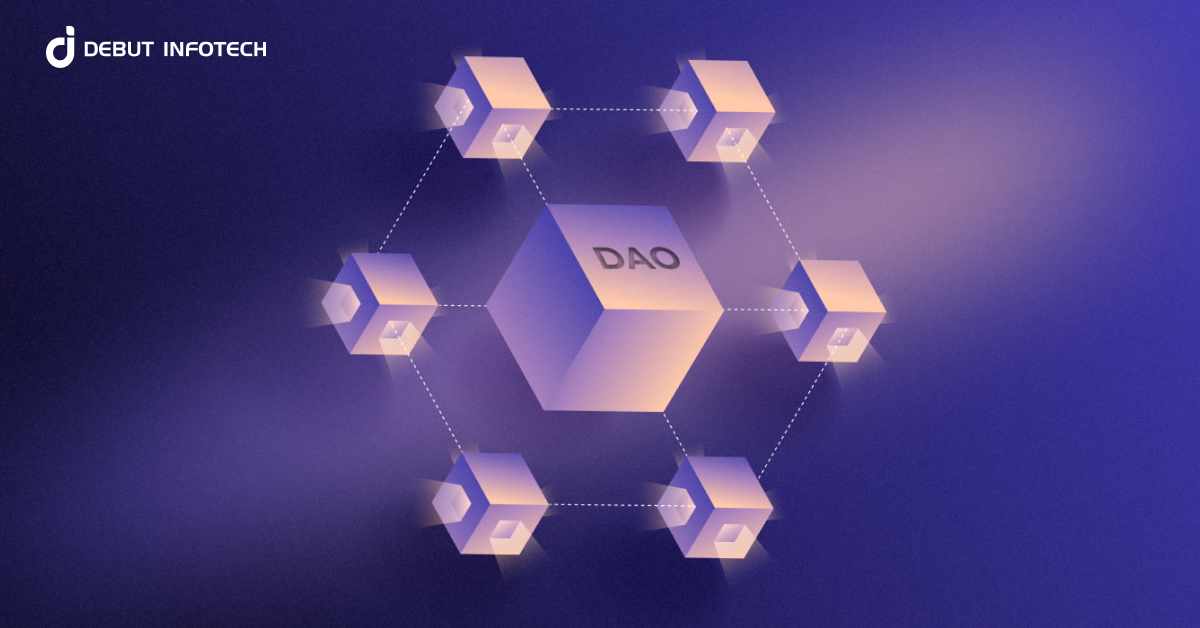


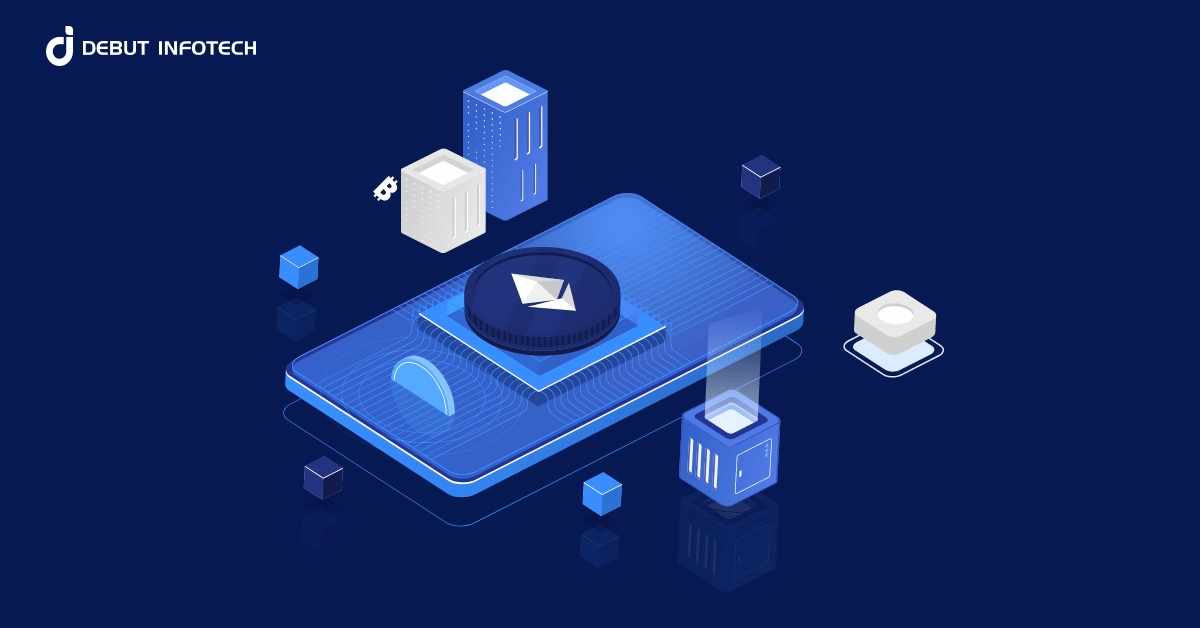
Write a comment ...